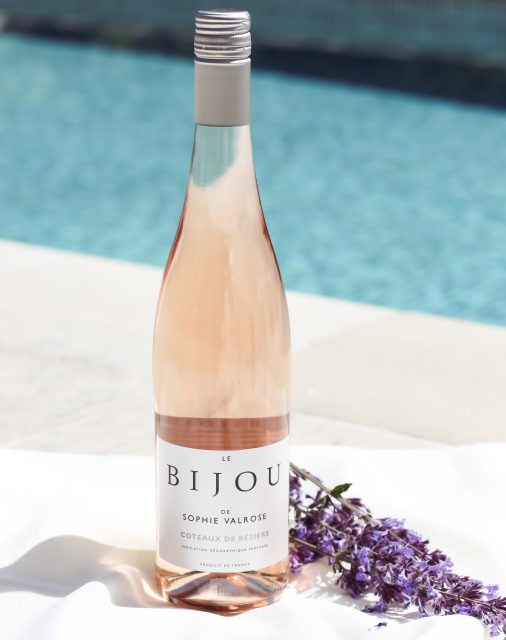This website uses cookies so that we can provide you with the best user experience possible. Cookie information is stored in your browser and performs functions such as recognising you when you return to our website and helping our team to understand which sections of the website you find most interesting and useful.
Bijou stresses the importance of being memorable
With its bestselling range, Bijou pays tribute to a woman who fought for workers’ rights in the vineyard. Here, it also tells db how the wine brand is maintaining its memorability.

Young and quality-driven wine brand Bijou has a story as unique and distinct as the undiscovered parts of Languedoc that nurture its grapes. Founded in the past decade in AOP Cabrières, a region in the foothills of the Pic du Vissou with schist soils in abundance and low-yielding bush vines, Bijou’s journey began with a passion for authentic winemaking and unearthing the best terroirs in the south of France.
As a brand that champions sustainability and quality, Bijou’s growers work tirelessly to ensure the vineyards meet organic or HVE (High Environmental Value) certification requirements.
The brand has since expanded production into organic vineyards in Provence, and higher-altitude sites around the town of Limoux, where it is putting an emphasis on cool-climate Pinot Noir styles with the launch of a crisp rosé and two elegant light-bodied reds this spring. Coteaux de Beziers is also home to its best-selling Le Bijou de Sophie Valrose range.
Following the late-spring frosts in 2018 that damaged the crop in Cabrières, Edward Vellacott, commercial manager, was tasked to source grapes of the same or superior quality. He recalls his first encounter with the local winds in Coteaux de Beziers, located between the Bassin de Thau and Gruissan, the latter of which is better known for kitesurfing that winemaking: “It was difficult to put one foot in front of the other in the vineyards. The winds were so strong. You could immediately understand their important role in helping moderate temperatures during the summer.”
Primarily, Bijou attracts a diverse range of wine enthusiasts who value quality. authenticity and sustainability. Plus, with distribution in more than 40 countries spread across five continents, the brand continues to assert its desirability. Bijou’s audience is typically made up of eco-responsible consumers who seek out qualitative wines they can be proud to share with their friends and family. The brand’s pouches, cans, and lightweight bottles also make it a popular choice for consumers who are looking for sustainable packaging options.
Chris Ellis, the founder, says how important it is for a brand to be highly “pronounceable, recognisable, and memorable” in an international context, and this is what adds to its popularity.
The best-selling range, Le Bijou de Sophie Valrose, is named after a local legend that stood up for exploited female vineyard workers towards the end of the 19th century.
In response to growing demand for food-friendly styles of rosé, Bijou has also released a 2022 vintage of Eminence de Bijou, a true gastronomic rosé. Selected from the best sustainably farmed sites in Coteaux de Beziers, this limited-release cuvée boasts a hint of tannin and phenolics, which help pair Eminence with more structured meals.
Next, Bijou’s plan is to also set about developing relationships in the Mediterranean region with the launch of its latest organic rosé from Provence: En Mémoire de Sophie Valrose.
Related news
Vignobles Cruse-Lorenzetti shuffles roles across its four Bordeaux chateaux
Is Monastrell the climate-adaptable grape the industry needs?
The story of Maison Simonnet-Febvre’s new Chablis Premier Cru Forêts

